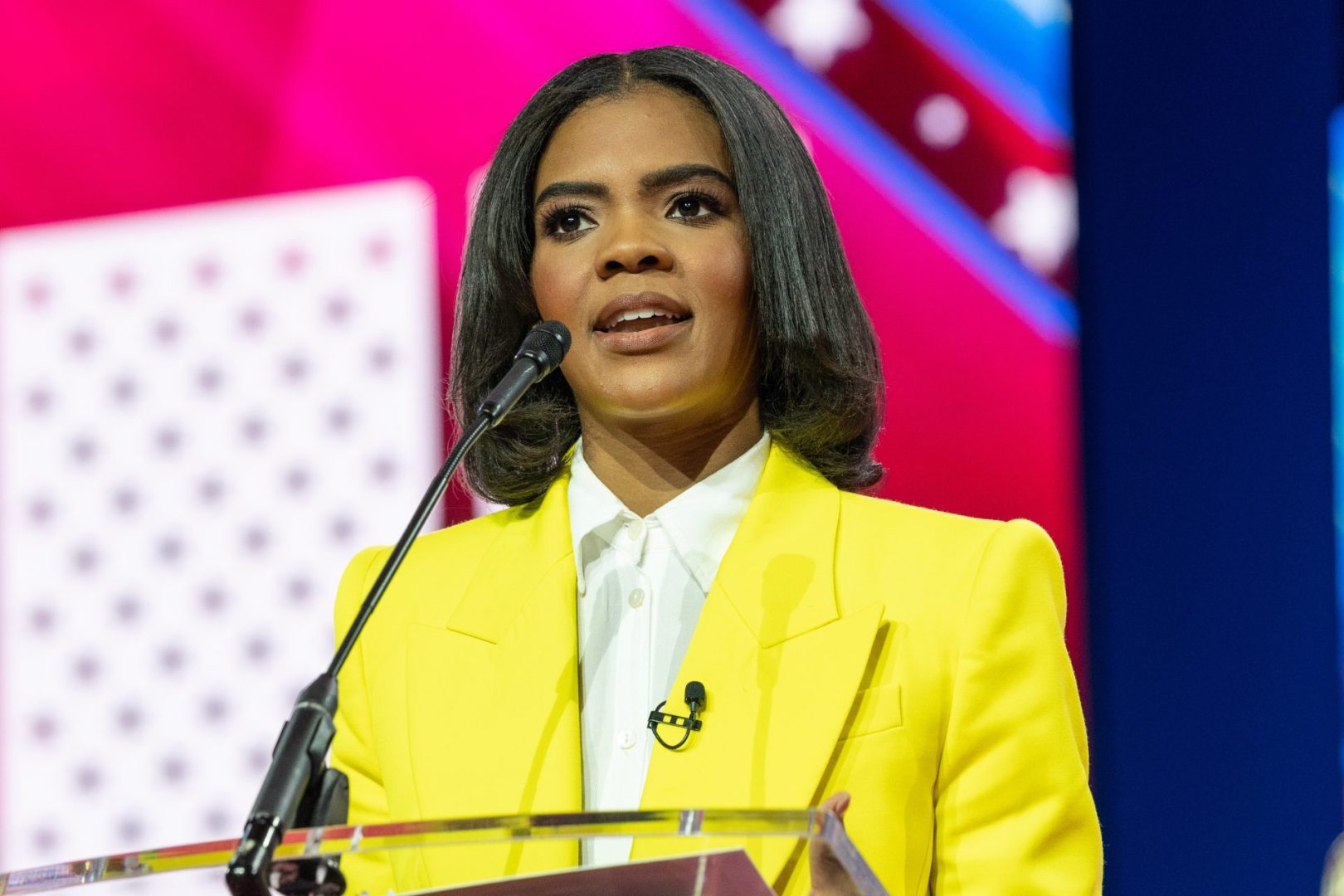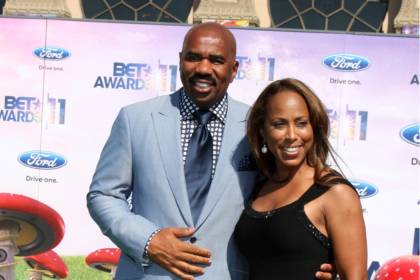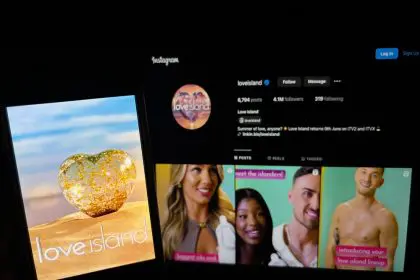In an unexpected turn of events, conservative commentator Candace Owens has made headlines with her resolute support for music industry powerhouses Rihanna and Nicki Minaj. Owens attributes this unwavering loyalty to what she terms a “Caribbean bias,” highlighting the complex interplay between cultural identity and public discourse.
The roots of representation
Owens’ revelation about her Caribbean bias stems from a deep appreciation for the cultural heritage shared by these artists. Rihanna, born in Barbados, and Nicki Minaj, with roots in Trinidad and Tobago, represent more than just musical talent – they embody the success of Caribbean artistry on a global stage.
Beyond the music
Both artists have transcended their musical beginnings to become cultural phenomena. Rihanna has revolutionized the beauty and fashion industries with Fenty, while Nicki Minaj has redefined the possibilities for female rappers in a male-dominated industry. Their influence extends far beyond entertainment, touching aspects of business, fashion, and social change.
Cultural impact and identity
The significance of Owens’ statement reaches beyond mere musical preference. It highlights the powerful role that cultural identity plays in shaping perspectives and affiliations, even among public figures known for controversial stances on other social issues. This acknowledgment of Caribbean excellence speaks to a broader narrative about representation and cultural pride.
The social media response
Online reactions to Owens’ comments have ranged from surprise to skepticism, with many questioning the intersection of her conservative views and support for these progressive artists. The discourse reveals the complex dynamics of cultural identity, political ideology, and artistic appreciation in contemporary society.
Breaking stereotypes
Owens’ position challenges conventional assumptions about political alignment and cultural appreciation. Her support for these artists demonstrates how cultural bonds can transcend political divisions, offering a nuanced perspective on identity and allegiance in modern America.
The broader conversation
This revelation has sparked important discussions about representation in media and entertainment. It underscores how artists from the Caribbean diaspora have shaped global popular culture while maintaining connections to their roots. The impact of this influence resonates particularly strongly within Black communities worldwide.
Industry influence
The success of both Rihanna and Nicki Minaj has paved the way for a new generation of artists from the Caribbean. Their achievements have helped break down barriers and create opportunities for emerging talents, demonstrating the lasting impact of representation in the entertainment industry.
Looking forward
The significance of Owens’ stance extends beyond immediate social media reactions. It opens up broader conversations about cultural identity, representation, and the power of shared heritage in bridging ideological divides. This moment serves as a reminder of how cultural connections can transcend political boundaries.
Legacy and influence
The lasting impact of Caribbean artists on global culture continues to grow, with new generations drawing inspiration from pioneers like Rihanna and Nicki Minaj. Their success stories serve as powerful examples of how cultural heritage can inform and enhance artistic expression.
A new perspective
Owens’ comments offer a fresh lens through which to view the relationship between cultural identity and public discourse. They remind us that appreciation for artistic excellence and cultural heritage can exist independently of political ideology.
The power of recognition
This situation highlights how public figures’ acknowledgment of cultural influences can contribute to broader discussions about representation and identity in contemporary society. It demonstrates the ongoing importance of celebrating diverse voices in shaping our cultural landscape.
Evolving media landscape
Media analysts note that Owens’ support highlights shifting dynamics in celebrity culture. As social media continues to blur lines between entertainment, politics, and cultural commentary, public figures increasingly navigate complex intersections of identity and influence. This evolution reflects broader changes in how we consume and interpret celebrity perspectives.
Community impact
The Caribbean-American community has responded to Owens’ comments with particular interest. Community leaders and cultural critics emphasize how such high-profile recognition of Caribbean influence can strengthen cultural pride and unity. This acknowledgment from a conservative voice adds an unexpected dimension to ongoing discussions about diaspora identity.
Historical context
The history of Caribbean influence in American popular culture provides important context for understanding Owens’ stance. From calypso to dancehall, Caribbean musical traditions have consistently shaped American entertainment, creating a rich cultural tapestry that transcends political boundaries.
Industry evolution
Entertainment industry veterans point out how Rihanna and Nicki Minaj’s success represents a broader shift in global pop culture. Their ability to maintain strong connections to their Caribbean heritage while achieving international stardom has created new possibilities for artists from similar backgrounds.
Future implications
As the entertainment industry continues to evolve, the significance of cultural representation remains paramount. Owens’ recognition of Caribbean excellence contributes to an ongoing dialogue about diversity and inclusion in media, suggesting that appreciation for cultural heritage can bridge seemingly insurmountable ideological divides.

















